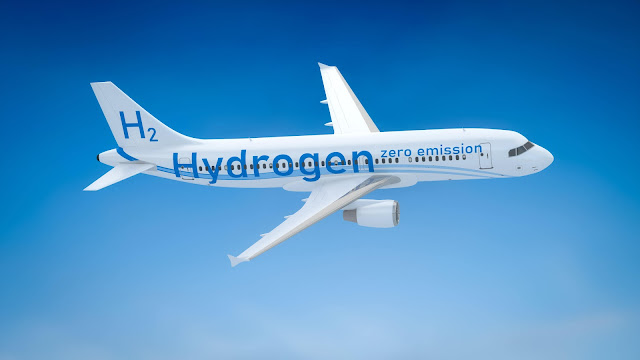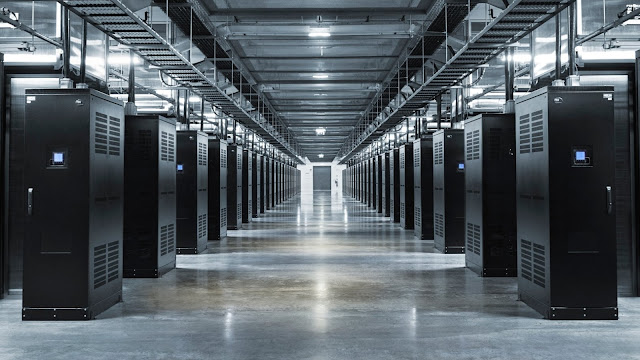Hydrogen Aircraft Market Overview, Growth, Size, Covid-19 Impact And Forecast 2023-2030
 |
| Hydrogen Aircraft Market |
The Hydrogen Aircraft Market has been
gaining momentum due to the increasing global focus on sustainability and the
aviation industry's commitment to reducing its environmental impact.
Traditional aircraft predominantly rely on fossil fuels, which contribute
significantly to greenhouse gas emissions and climate change. As a result,
there is a growing need for cleaner and greener alternatives, with
hydrogen-powered aircraft emerging as a promising solution.
One of the key
advantages of hydrogen aircraft is their eco-friendliness. When hydrogen is
used as a fuel source, the only byproducts generated are water vapor and heat.
This results in zero carbon dioxide (CO2) emissions and virtually no harmful
pollutants, making hydrogen-powered planes an attractive option for
environmentally-conscious aviation stakeholders.
Coherent
Market Insights Study Says That, The Hydrogen
Aircraft Market Size Was Valued At US$ 5.5 Billion In 2022 And Is
Anticipated To Witness A Compound Annual Growth Rate (CAGR) Of 22.4% From 2023
To 2030.
The Hydrogen Aircraft Market is an exciting
and dynamic sector that holds immense potential to revolutionize aviation and
contribute to global efforts to combat climate change. As technology continues
to evolve, and supportive policies and infrastructure take shape, hydrogen
aircraft are likely to become more mainstream, offering a cleaner and more
sustainable future for air travel.
As governments and
aviation companies focus on decarbonization and the development of green
technologies, there has been a surge in research and development of
hydrogen-powered aircraft, leading to innovative designs and prototypes. While
the technology is still in its early stages, the potential benefits of hydrogen
aircraft, such as reduced greenhouse gas emissions and lower operating costs
over the long term, are driving the interest and investments in this emerging
market.
The Hydrogen Aircraft Market is
experiencing remarkable growth due to its potential to revolutionize the
aviation industry's environmental impact. With increasing concerns about
greenhouse gas emissions and climate change, hydrogen-powered aircraft offer a
promising solution as they produce only water vapor when burned. This
eco-friendly advantage has led to significant investments in research and
development by aerospace companies, resulting in the development of advanced
hydrogen propulsion technologies.
Competitive
Landscape
Some of the key players
operating in the global Hydrogen
Aircraft Market are Aerodelft, Aerovironment, Inc., Airbus S.A.S.,
Alaka’i Technologies, Hes Energy Systems, Pipistrel D.O.O., PJSC Tupolev, and
The Boeing Company
Covid-19
Impact Analysis
The Covid-19 pandemic
significantly impacted the Hydrogen
Aircraft Market in 2020 and beyond. While hydrogen aviation had been
gaining momentum as a promising eco-friendly alternative, the pandemic caused a
sharp decline in air travel, leading to reduced investments and delays in the
development of hydrogen-powered aircraft. Many airlines and aircraft
manufacturers faced severe financial constraints during the pandemic, diverting
their attention and resources away from research and development in this
emerging field. Governments, dealing with economic challenges, also had to
prioritize immediate relief measures over long-term sustainable aviation
projects.



Comments
Post a Comment